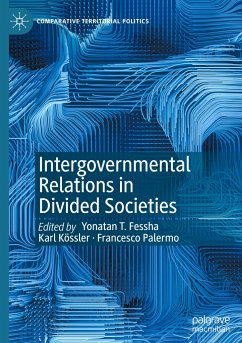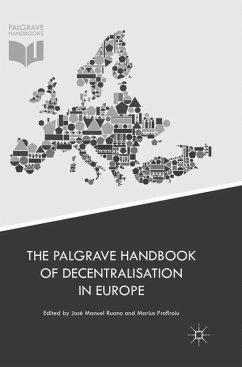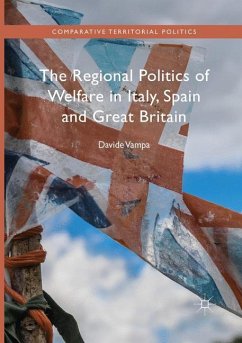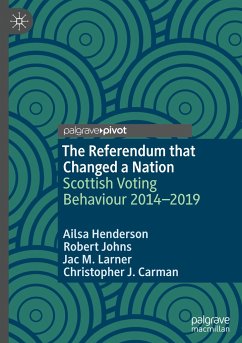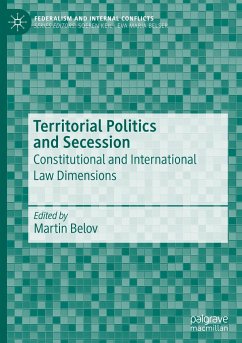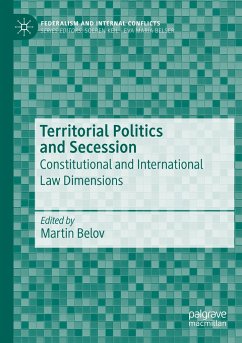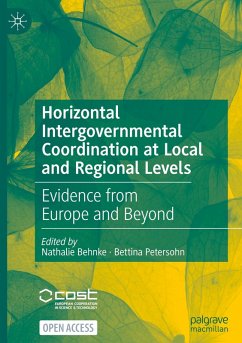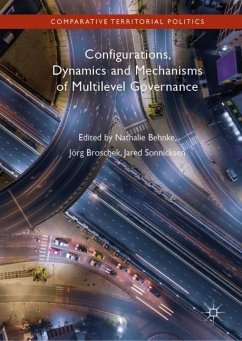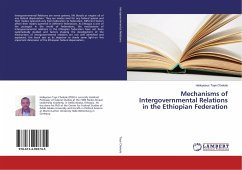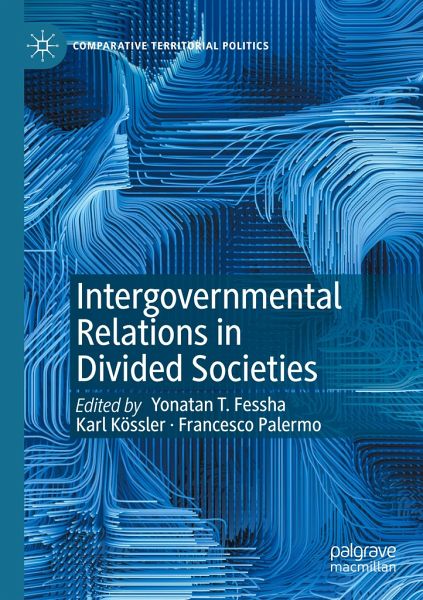
Intergovernmental Relations in Divided Societies
Versandkostenfrei!
Versandfertig in 6-10 Tagen
106,99 €
inkl. MwSt.

PAYBACK Punkte
53 °P sammeln!
This edited volume examines the form and operation of intergovernmental relations in divided societies. Using eight country case studies, it explores the interplay between politicised ethno-cultural diversity and intergovernmental relations (IGR) in countries where the distinctive identity of at least one subnational unit is acknowledged in a form of territorial autonomy. The book examines whether and how the distinctive identity of particular subnational units and the attending competing constitutional visions shape the dynamics of IGR. The goal here is not simply to determine whether intergo...
This edited volume examines the form and operation of intergovernmental relations in divided societies. Using eight country case studies, it explores the interplay between politicised ethno-cultural diversity and intergovernmental relations (IGR) in countries where the distinctive identity of at least one subnational unit is acknowledged in a form of territorial autonomy. The book examines whether and how the distinctive identity of particular subnational units and the attending competing constitutional visions shape the dynamics of IGR. The goal here is not simply to determine whether intergovernmental interactions in such societies are less cordial and more conflictual than in other societies. Such interaction in any society could be strained as a result of disagreement over specific policy objectives. The question is whether the distinctive identity of particular subnational units and the attending competing constitutional visions themselves have been a primary source of intergovernmental tension. The book also examines the impact of identity politics on institutions and instruments of IGR, determining whether the ethno-cultural divide and the tension it creates have the tendency to affect the type of institutions and instruments employed in IGR. It is also about the relevance and effectiveness of institutions and instruments of IGR in acknowledging and accommodating the distinctive identities and specific demands of subnational units, thereby contributing to the peaceful management of divided societies.





